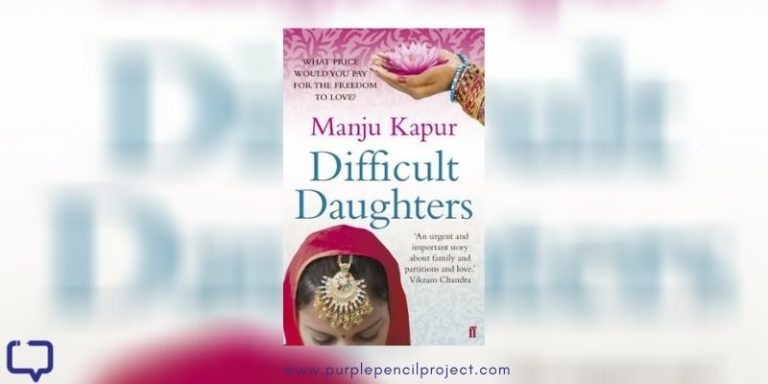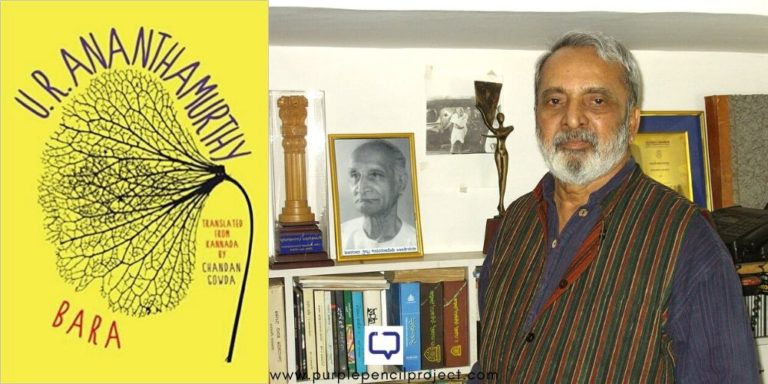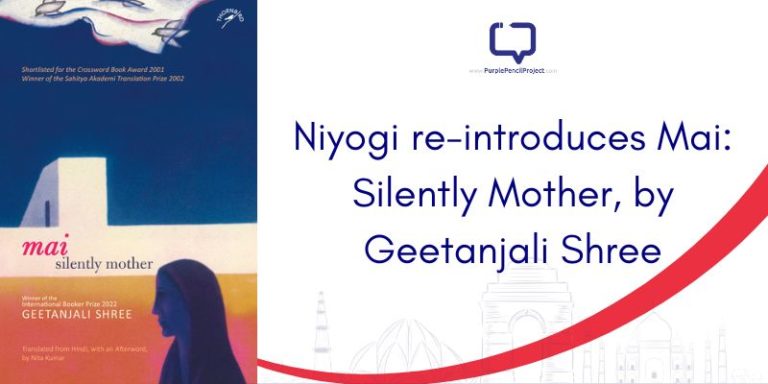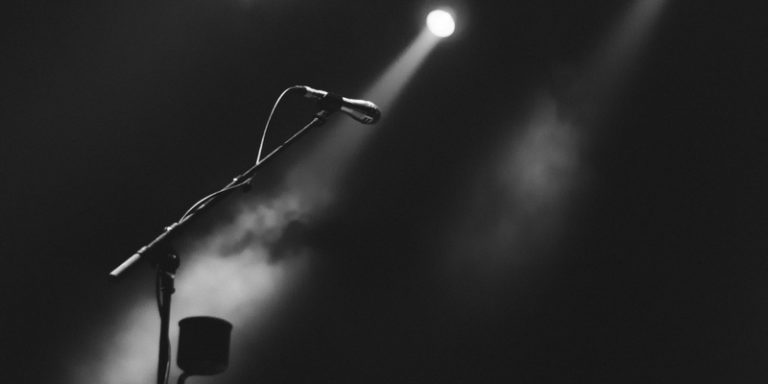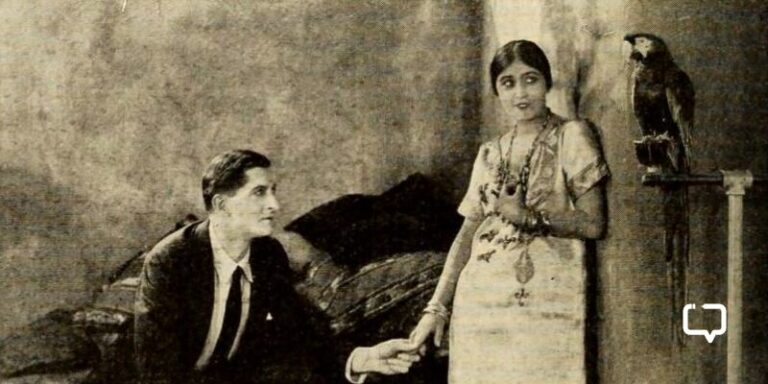Team P3 curates a list of the top 15 Indian Mythological Women Writers that are a must-read for all mythology lovers.
Mythology, like many other fields, has been a place crowded by men. Whether it comes to stories, our obsession with heroes and fighters is evident in the way they’re seen in the larger mainstream society. But that’s not all, for most popular mythological writers happen over the centuries have been men as well.
Think Ved Vyasa, Kalidasa, Tulsidas, or Valmiki, and the list goes on. All this makes sense in understanding why mythological tales happen to be so centered on men, which is why Indian mythological women writers and genres help bring out new perspectives and roles in those very same stories we’ve grown up reading.
Only when you read Volga do you get to see the so-called villainous characters in Ramayana in a new light, or when you read Chitra Banerjee Divakaruni can you understand Mahabharata from the eyes of Draupadi.
In this article, we’re going to look at 15 of the best Indian mythological women writers. If you think we should’ve added someone, please comment below and let us know!
List of Indian Mythological Women Writers
Table of Contents
1. Chandrabati
Chandrabati, the first woman poet in Bangla, was a 16th-century literary figure who wrote for women in rural Bengal. One of the most renowned Indian mythological women writers, her lyrical retelling of the Ramayana from the point of view of Sita offered a fresh perspective on a character who is often idealized as a model of marital obedience and chastity. Chandrabati’s Ramayana was written for a non-courtly audience, and it drew richly on elements of existing genres, such as folk tales and ballads. This allowed her to add new characters and situations to the story, providing new interpretations of already-known events.
2. Suniti Namjoshi

Suniti Namjoshi is one of the critically acclaimed Indian mythological women writers and a prominent figure in contemporary Indian literature. She has written numerous books of verse and fables. Her work delves into themes of gender, sexual orientation, cultural identity, and human rights. One of them is Feminist Fables, a revolutionary book that borrows from Greek and Sanskrit mythology, along with a plentiful of other sources, and through them, talks about patriarchy and the oppressive gaze on women that it entails.
3. Rana Safvi
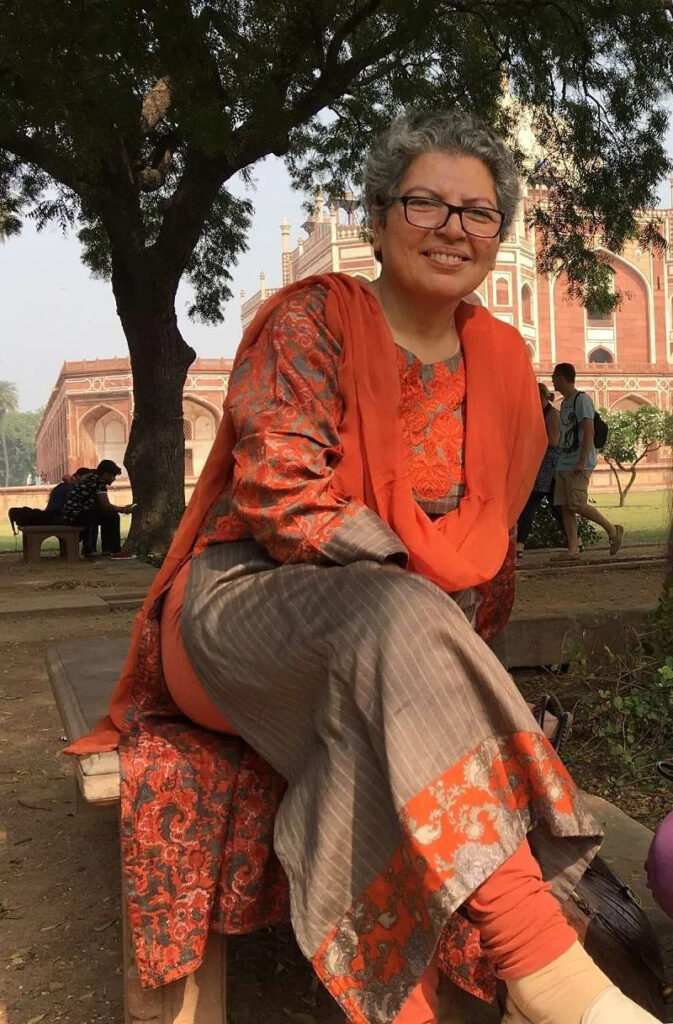
Next on the list of Indian Mythological Women Writers, is a writer, translator, and scholar, Rana Safvi has written several books on Indian culture and monuments. Her works bring out the legacy and rich heritage that’s part of the Indian subcontinent. She’s also written books about Islamic myths and beliefs, such as Tales from the Quran and Hadith and In Seach of the Divine: Living Histories of Sufism in India.
4. Arshia Sattar
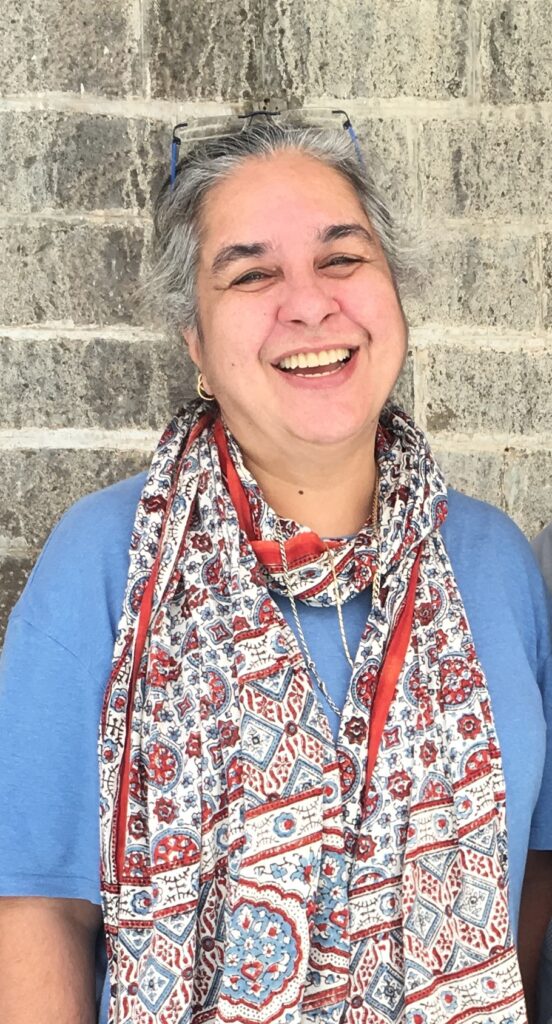
A writer and Sanskrit translator, Arshia has written several books as well as translated a few that center around the Indian epics of Ramayana and Mahabharata. Not only does she make these epics more relevant and accessible for the modern reader, but she also lays out the themes in these books beautifully. She’s written books like Maryada: Searching for Dharma in the Ramayana, Mahabharata for Children, and Uttara: The Book of Answers.
5. Chitra Banerjee Divakaruni
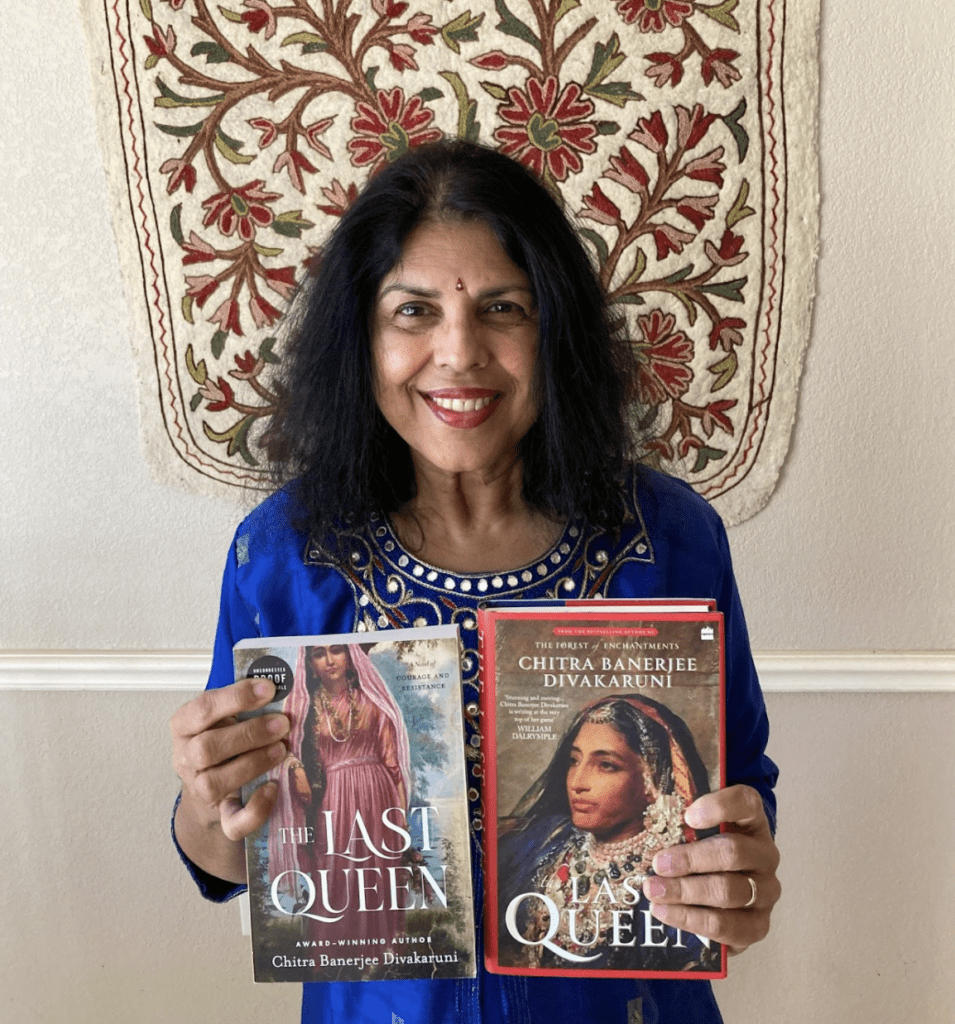
While she’s written several books over the years, her most popular works are the mythological retellings of Ramayana and Mahabharata, namely The Forest of Enchantments and The Palace of Illusions, respectively. Her books look at those all-too-familiar stories from the lens of their female characters, thereby providing a completely new perspective to the reader. The fact that these books are some of the best-selling books in the Indian market in recent decades only serves to re-emphasize the fact that readers want to explore these stories from different and unique perspectives.
6. Koral Dasgupta
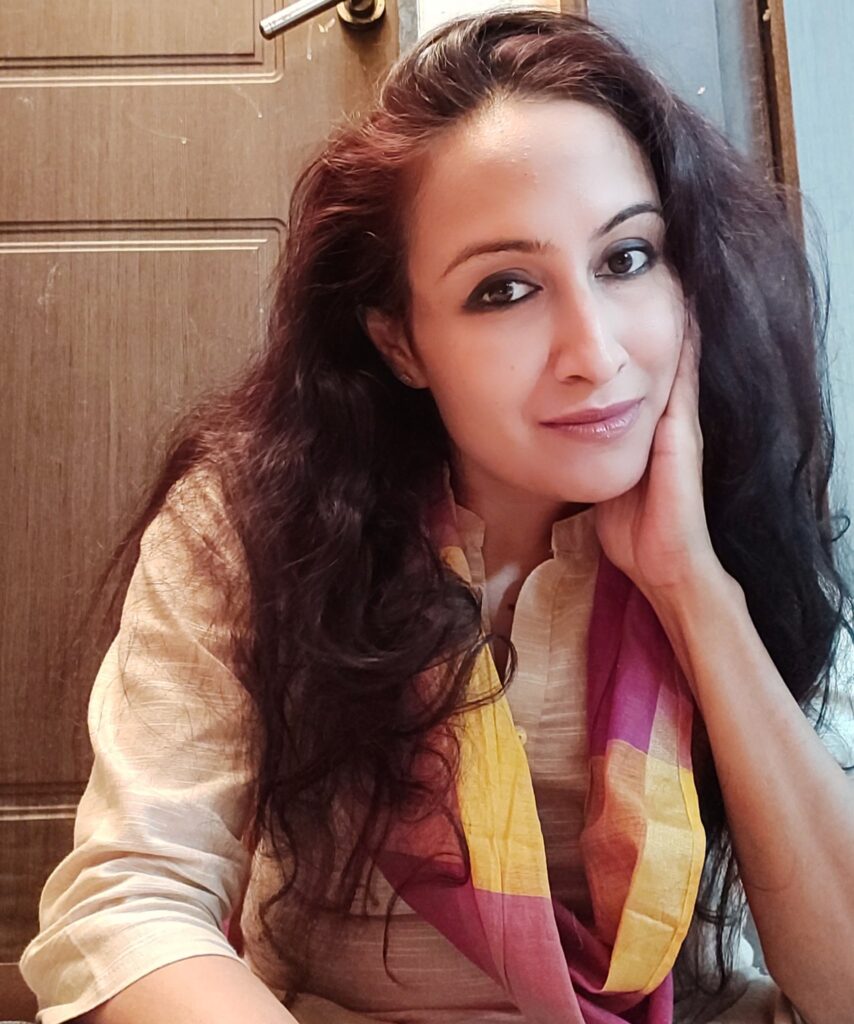
Having written multiple books across various genres in her career as a writer, Koral Dasgupta is also the author of the beloved Sati series, a series that explores the perspectives of female characters in narratives traditionally told and dominated by patriarchal voices. Her books give voice to characters like Ahalya, Draupadi, Kunti, and more. Her stories also serve to illustrate how these ancient stories can still resonate with modern readers due to their universalities and humane themes.
7. Anuja Chandramauli
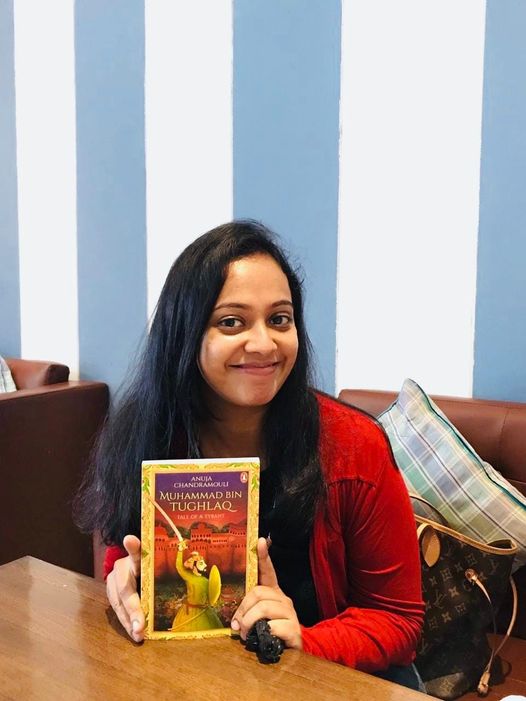
Anuja Chandramauli has written several books in the mythology and historical fiction genres. Her books are mythological retellings that shift our focus to a singular character as the events unfold from their perspective, hence presenting us with the same story in a different color altogether. Through her books, she brings forth new dimensions and angles to stories that are already popular and prevalent in society.
8. Kavita Kane
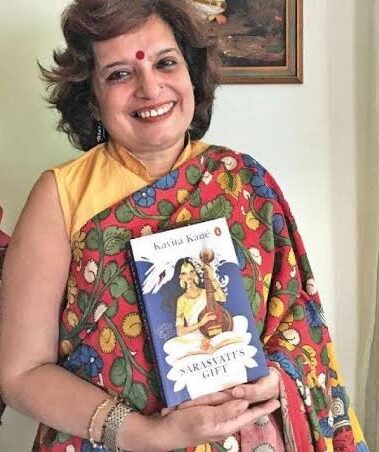
We often tend to celebrate a handful of characters in mythology, characters who remain at the center stage of the story we’re reading. But what about all those who disappear in the shadows of such stories? Through her books, she gives voice to the voiceless, whether it’s in Karna’s Wife: The Outcast’s Queen, Lanka’s Princess, or Sita’s Sister.
9. Madhavi S. Mahadevan
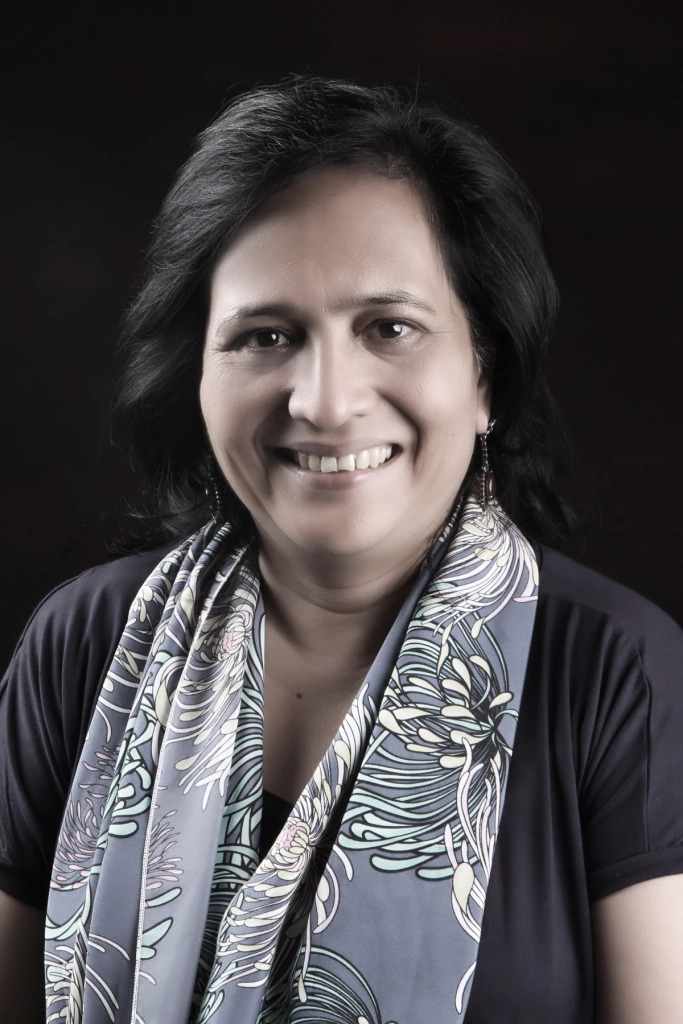
An editor, a travel writer, a bookseller, and a lot more, Madhavi has also written books around mythological characters. For instance, her acclaimed piece of work, The Kaunteyas views the Mahabharata from the eyes of Kunti, a character whose role is often limited to the first few pages of the epic. This, in turn, creates a more complex and multifaceted nature than we’re used to seeing. Not just that, she’s also written a children’s book titled Hanuman’s Adventures in the Nether World, a book where characters from the Ramayana are used to create a fun and thrilling story.
10. Namita Gokhale
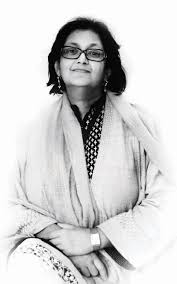
One of the most influential names in modern Indian literature, Namita Gokhale is known for several things: for founding and directing the Jaipur Literature Festival, for creating and hosting the show Kitaabnama, as a writer, editor, publisher, and much more. Her fascination with Indian mythology is apparent through several works of hers, from The Book of Shiva to Shakuntala: The Play of Memory to The Puffin Mahabharata and Lost in Time: Ghatotkacha and the Game of Illusions and Finding Radha: The Quest for Love and more.
11. Vayu Naidu
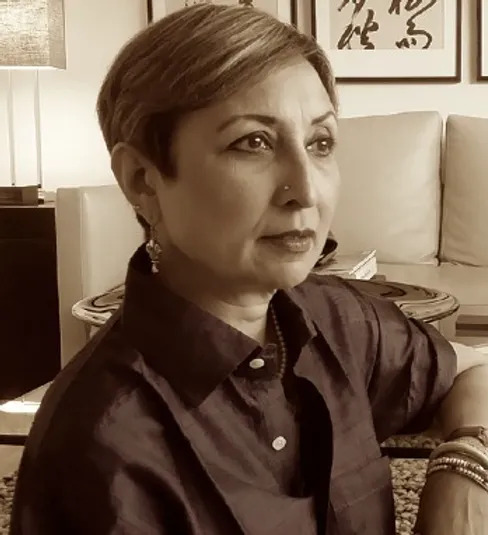
A storyteller, performer, and writer of British-Indian origin, Vayu Naidu is known for embedding intercultural themes in her works. She’s written Sita’s Ascent, a book that places Sita at the center of Ramayana and creates a rich narrative around her using the multiple retellings of the epic. She’s also written children’s books such as Multicultural Stories from India and Ganesh’s Secret Forest.
12. Jamila Gavin
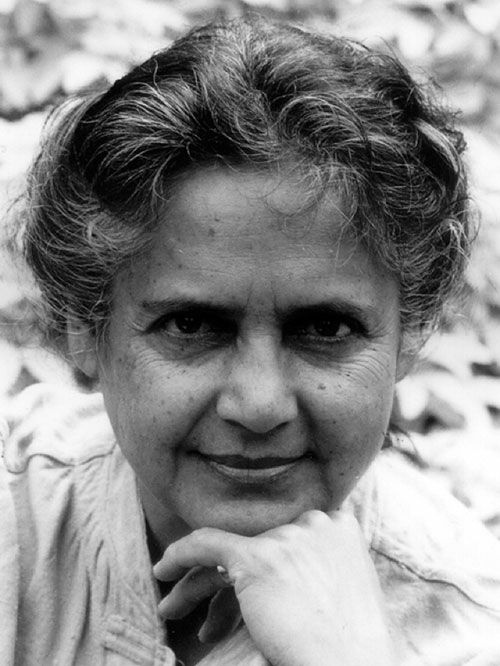
A British writer with Indian origins, Jamila Gavin has penned several titles, though she’s known for her children’s books. Many of her stories contain Indian cultural and mythological contexts, as can be seen through works like Tales from India: Stories of Creation and the Cosmos, Three Indian Princesses, Three Indian Goddesses, and The Bow of Shiva.
13. Volga
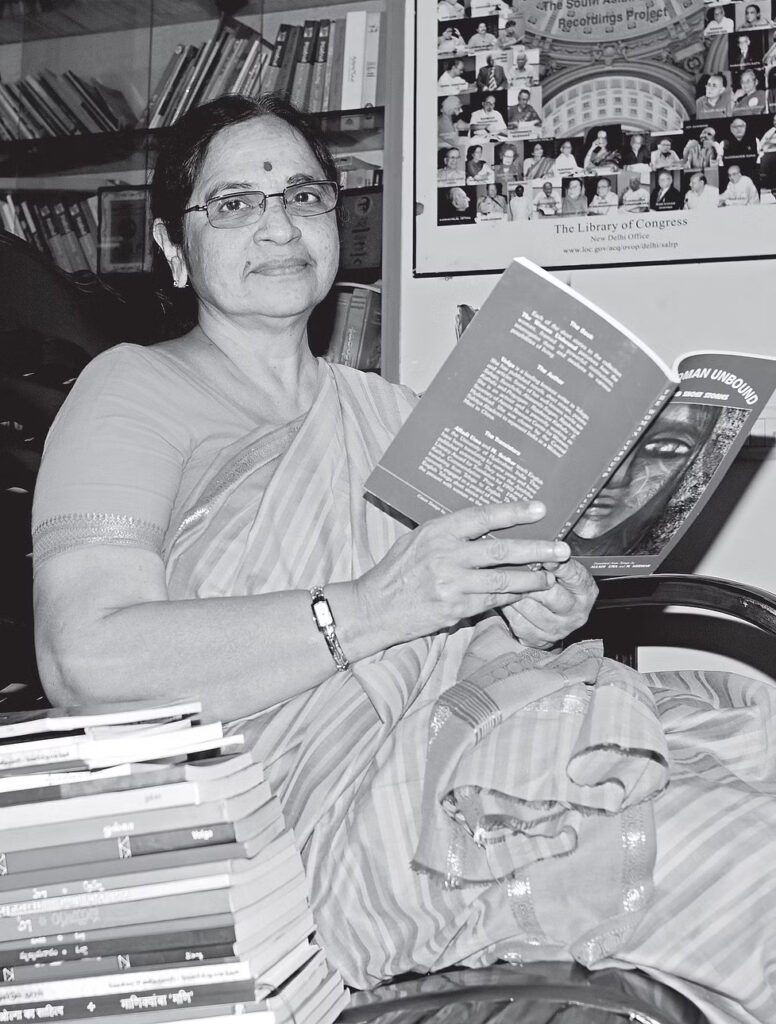
A Telugu poet and writer, known for her critical feminist perspectives, P. Lalita Kumari or Volga (her pen name), has written famous titles such as The Liberation of Sita and Yashodhara. While The Liberation of Sita looks at womanhood and sisterhood through Sita’s interactions with many sidelined and misconstrued women characters in the Ramayana, Yashodhara makes the titular character much more than simply Siddhartha or Lord Buddha’s wife.
14. Priyanka Bhuyan
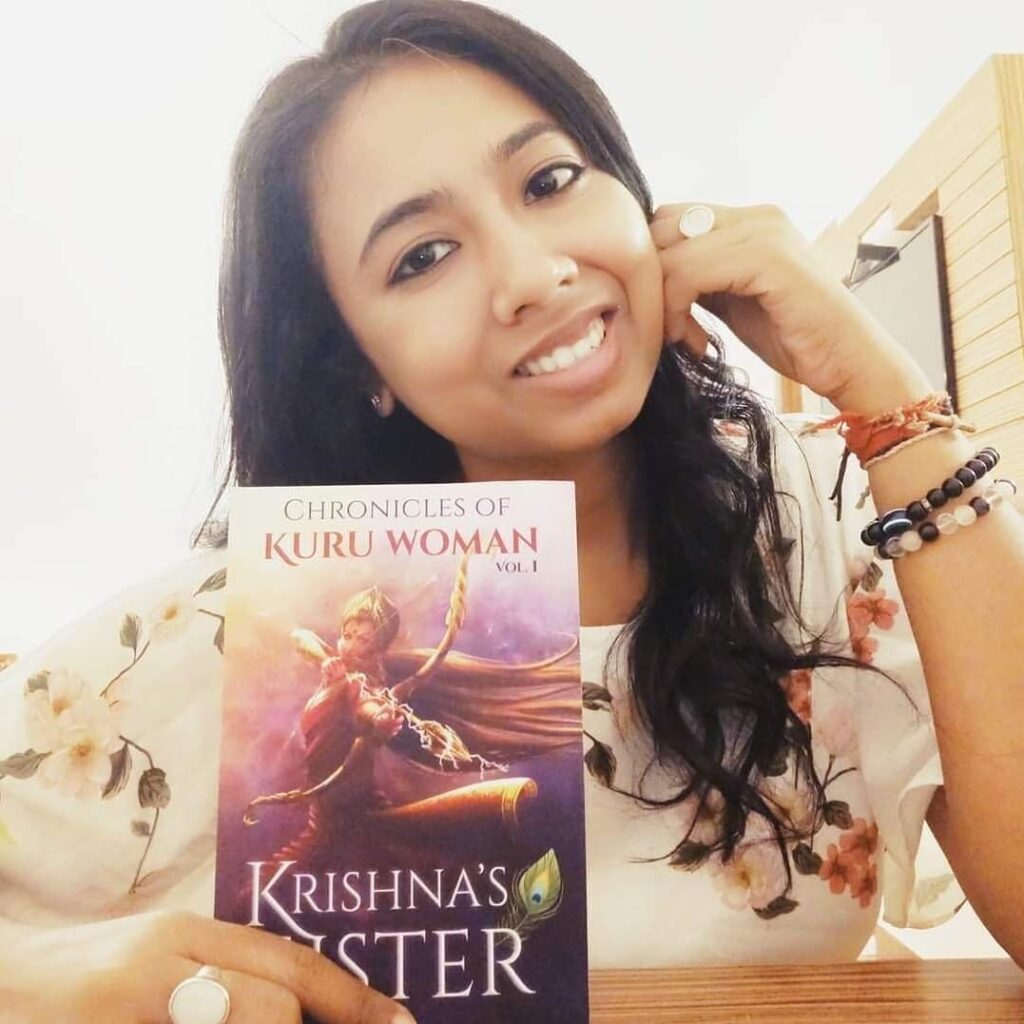
Bhuyan got popularity through the first installment of her bestselling series, Chronicles of Kuru Woman: Krishna’s Sister. The story revolves around Princess Shubhadra, a woman who helped shape Mahabharata and the forbearer of the Kuru dynasty after all ended through the war in Mahabharata. She’s also written Duryodhan’s Queen and Pandu’s Other Queen, stories that throw light on characters from Mahabharata who’ve usually stayed in the limelight throughout the epic.
15. Ranganayakamma
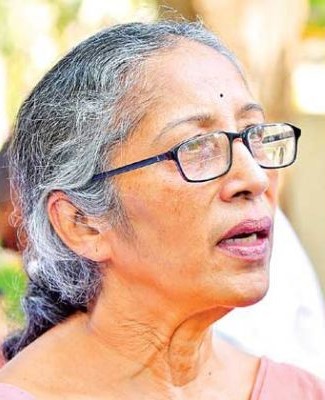
A Telugu writer and critic who usually writes from a Marxist perspective, Ranganayakamma is known for the themes of gender equality and womanhood n her works. She’s written extensively over the years with several novels, short stories, and essays. She’s also written Ramayana: The Poisonous Tree, a book that critically studies the epic and shows how it’s a work supporting imperialism, patriarchy, casteism, and other injustices that shouldn’t be a part of modern society, and certainly not an ideal to follow through with.










